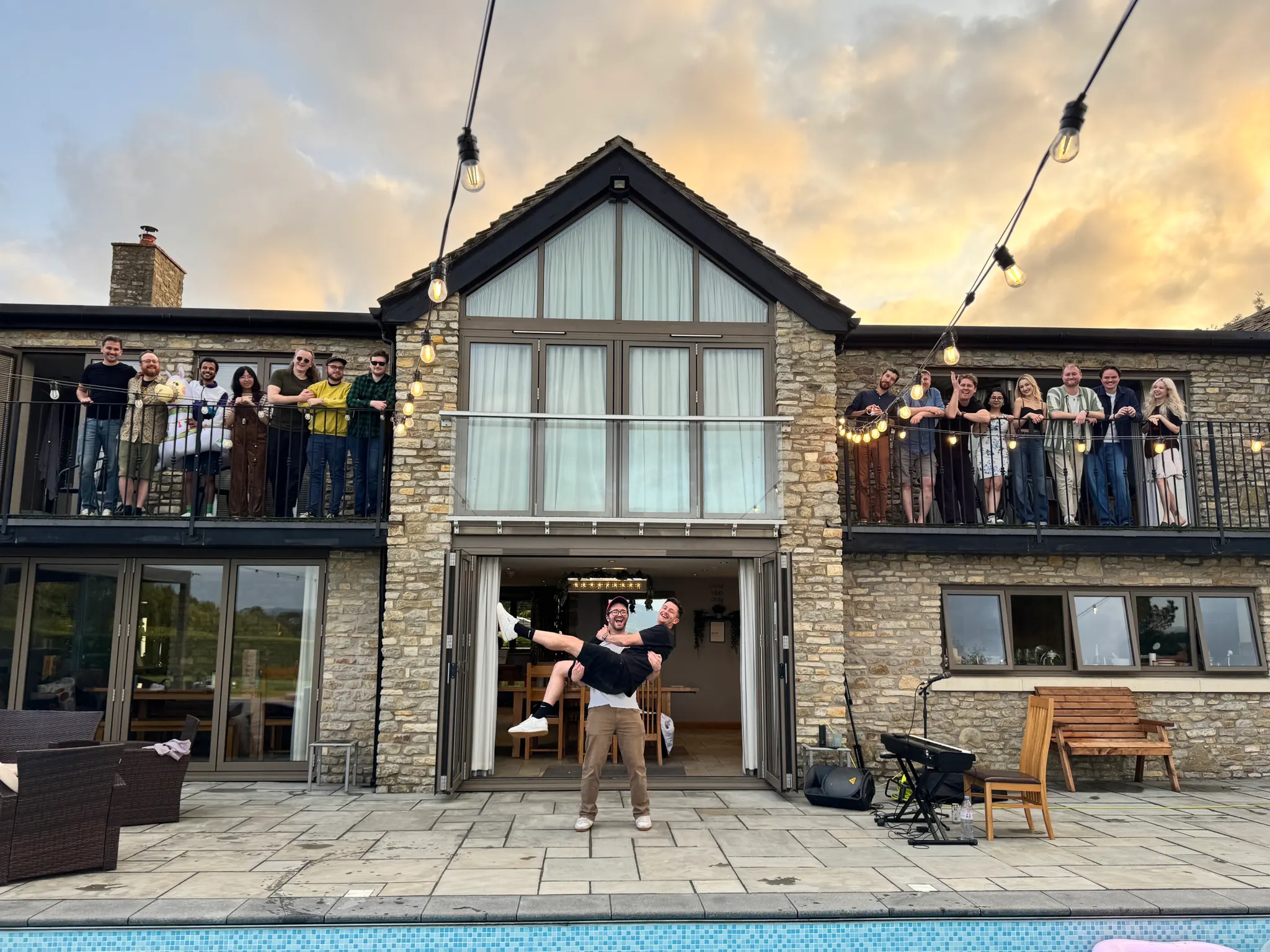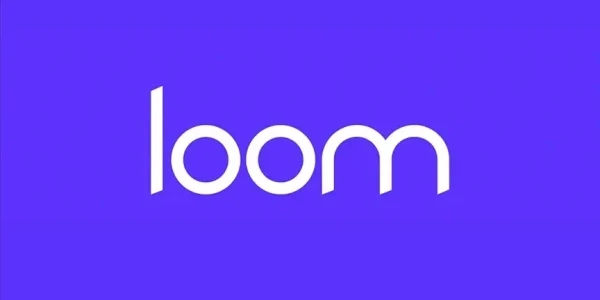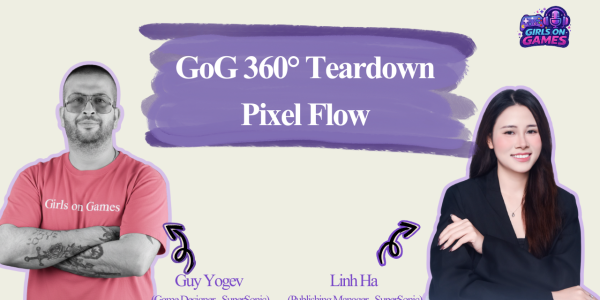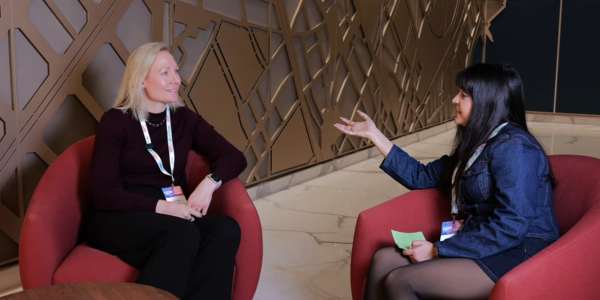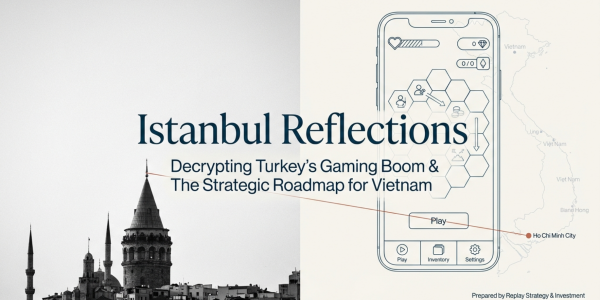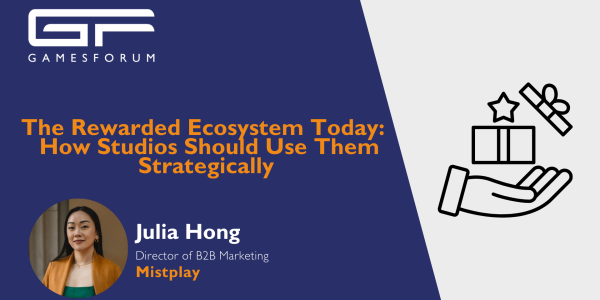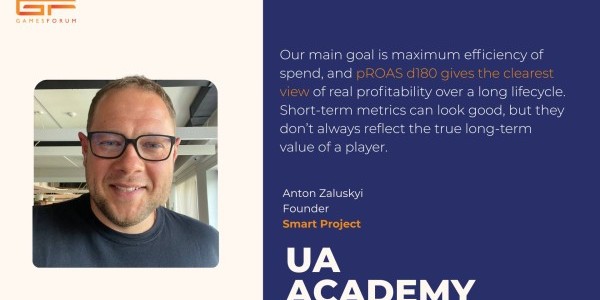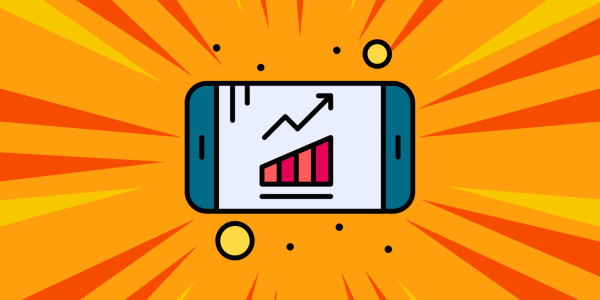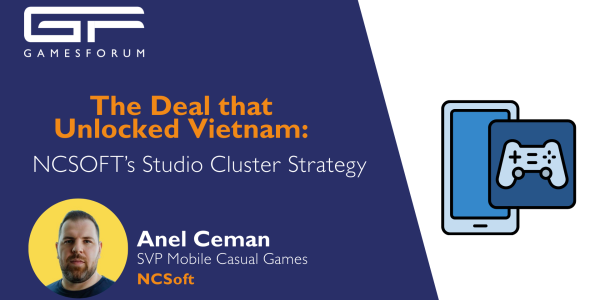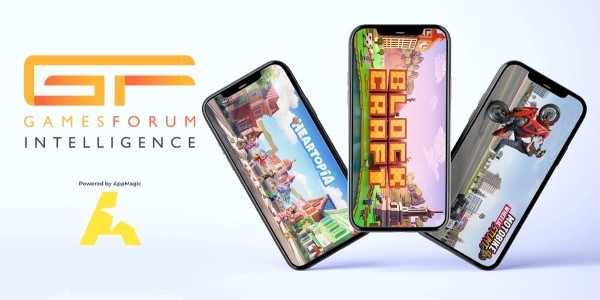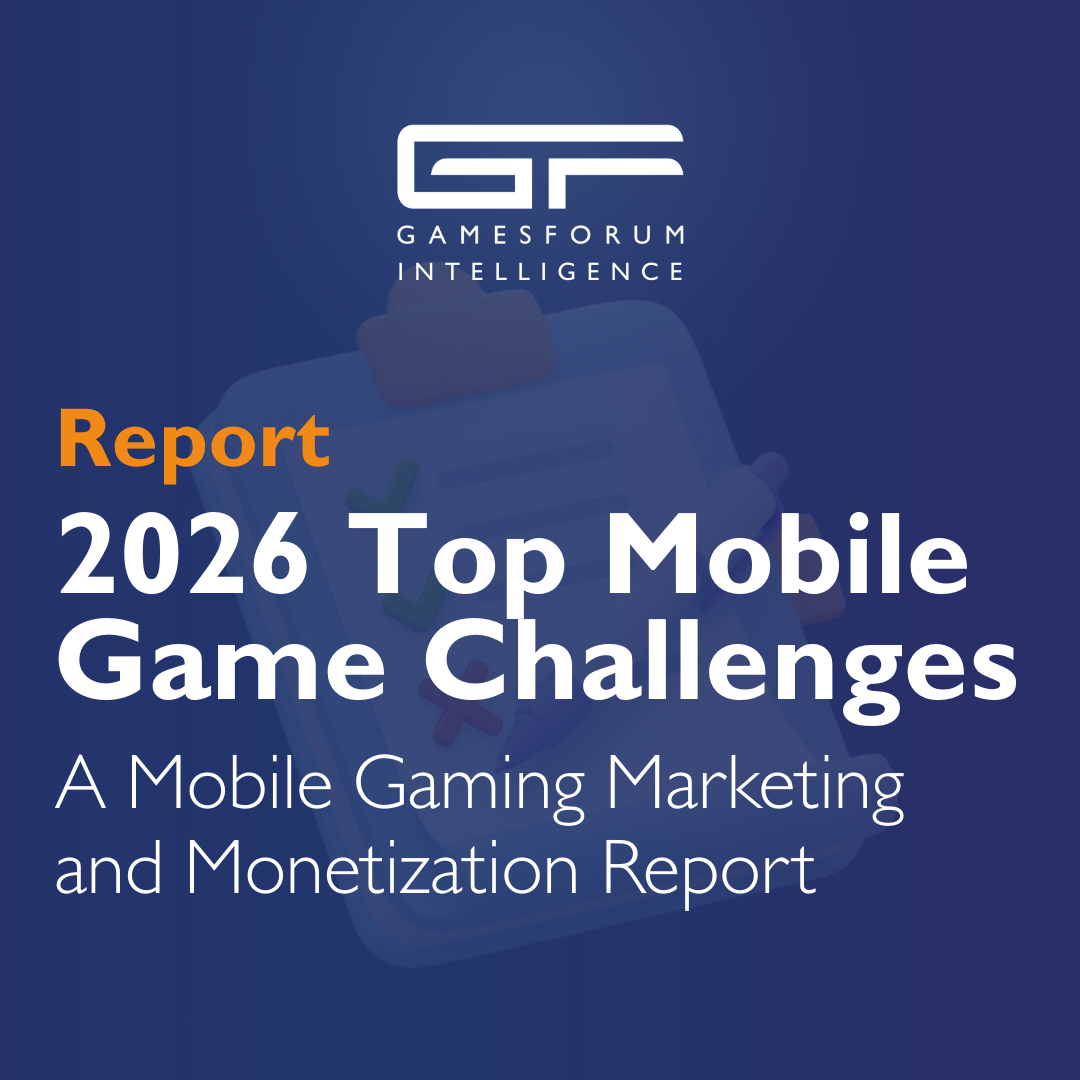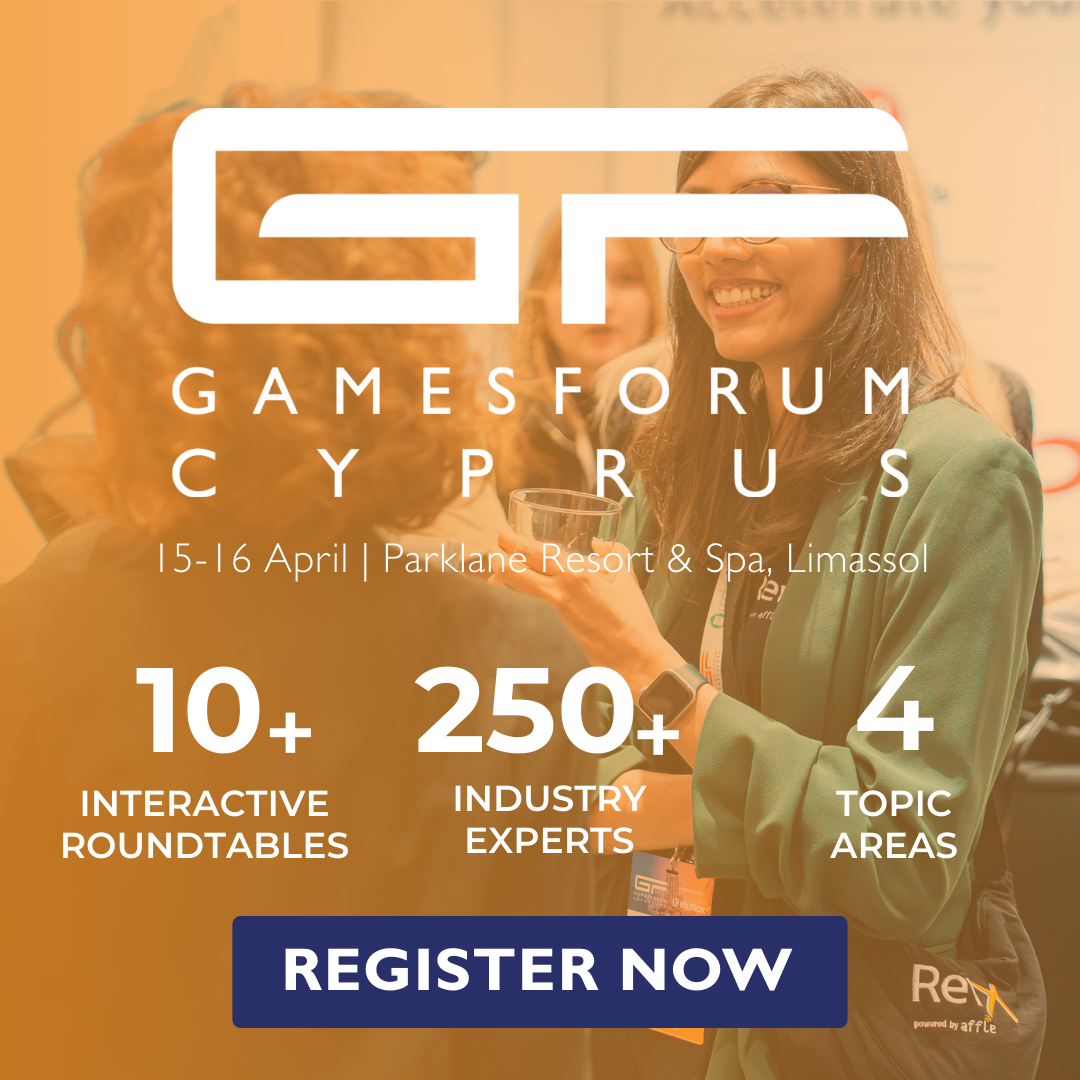From Splitting a Paycheque to Splitting Revenue with Players: The Story of Fumb Games
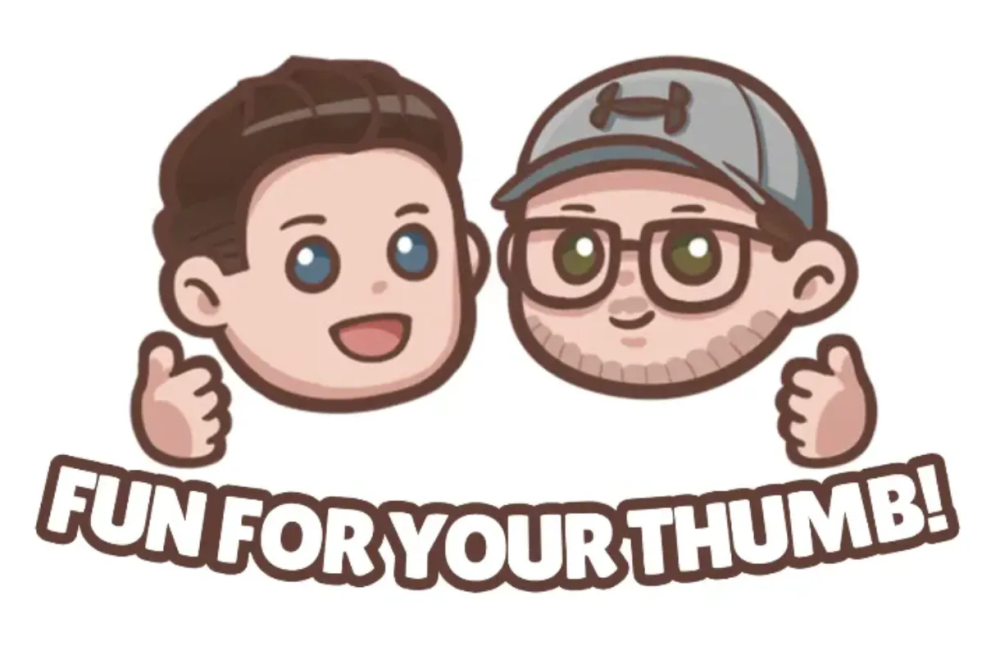
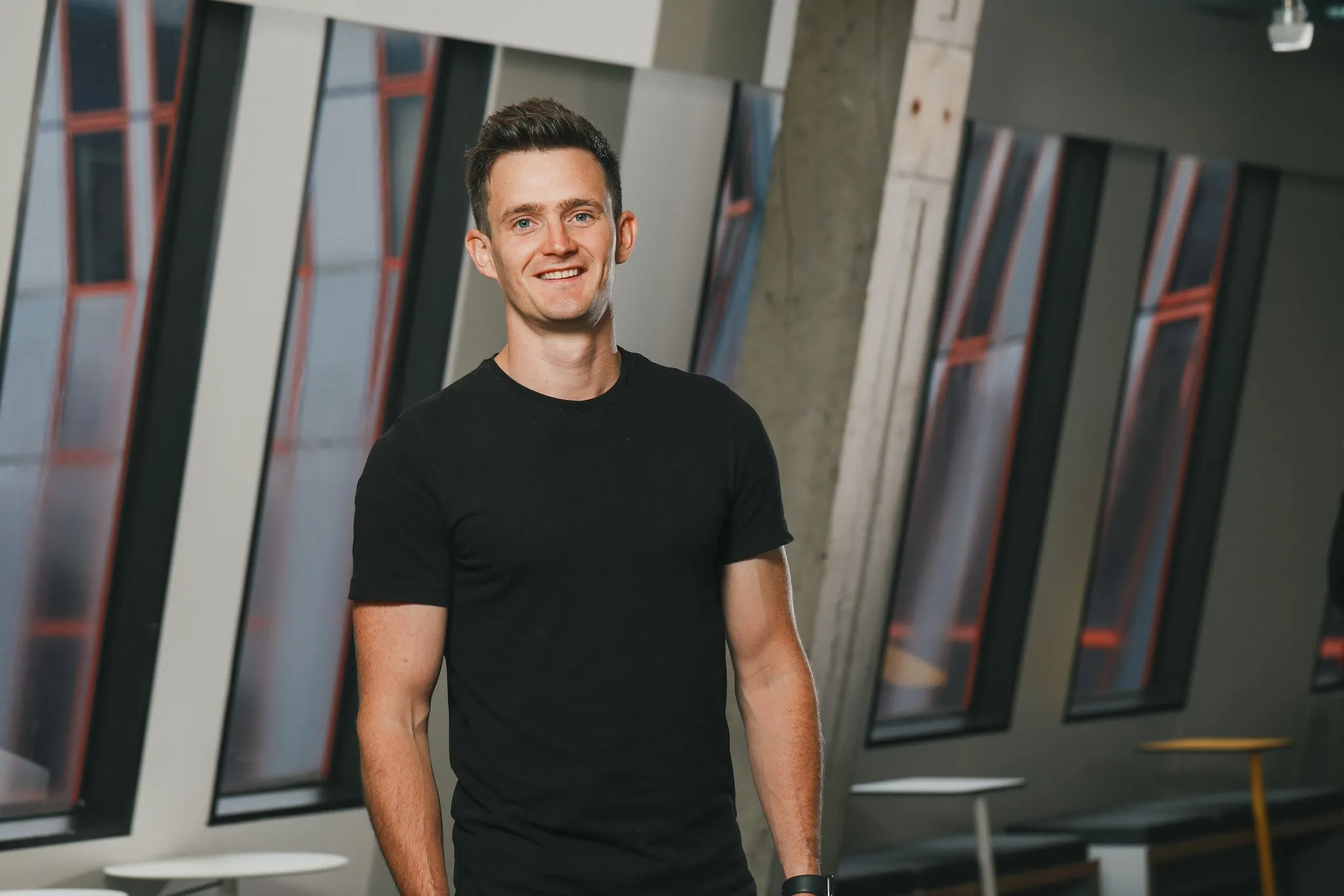
When Oscar and I started Fumb Games, it wasn’t exactly glamourous. There were no VCs, no beanbags, and definitely no rocket emojis in our pitch deck (mainly because we didn’t have a pitch deck).
We were two guys with laptops, a love for games, and in my case, a steady salary from AdColony that I literally halved and handed to Oscar so we could afford to work together. So, the birth of Fumb Games was really only possible thanks to the having an awesome job and boss that gave me freedom to experiment on my evenings and weekends.
Paper Glider, Paper Thin Resources
Oscar and I met at Neon Play, an early mobile UK studio that taught us a lot about making games people actually download. In my very first week, Paper Glider became Apple’s 10 billionth app download, plastering Neon Play across the global tech press. (BBC)
That was an incredible moment. Of course, I can’t really claim credit - my main contribution was not breaking the coffee machine. But it showed us how fast games could travel when the stars aligned.
The “Let’s See What Happens” Phase
So, we paid $99 for our developer licenses and started designing and building. It went as follows:
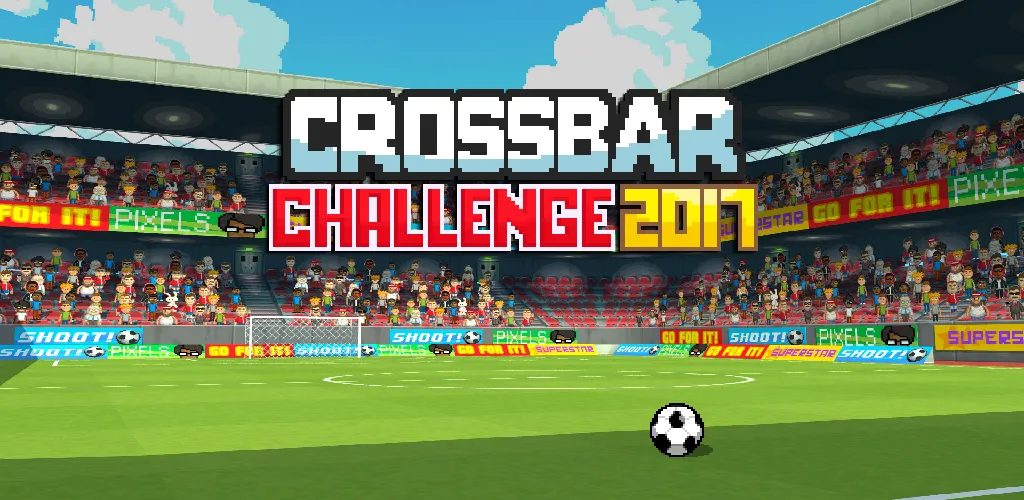
- Game #1 - Crossbar Challenge somehow hit 500,000 downloads and even went #1 sports game in Finland. This was because It had a $0.02 CPI on Facebook. Yes. $0.02. From memory, it lost us about $6k.
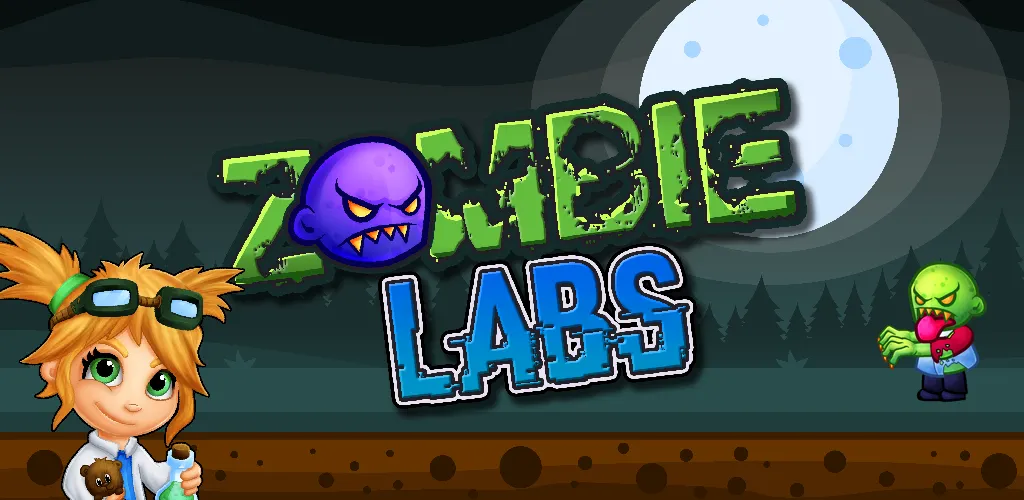
- Game #2 - Zombie Labs made enough money (around $30k) to hire another developer. Wahoo! We went from two guys and a dream to three guys and slightly more expensive dreams.
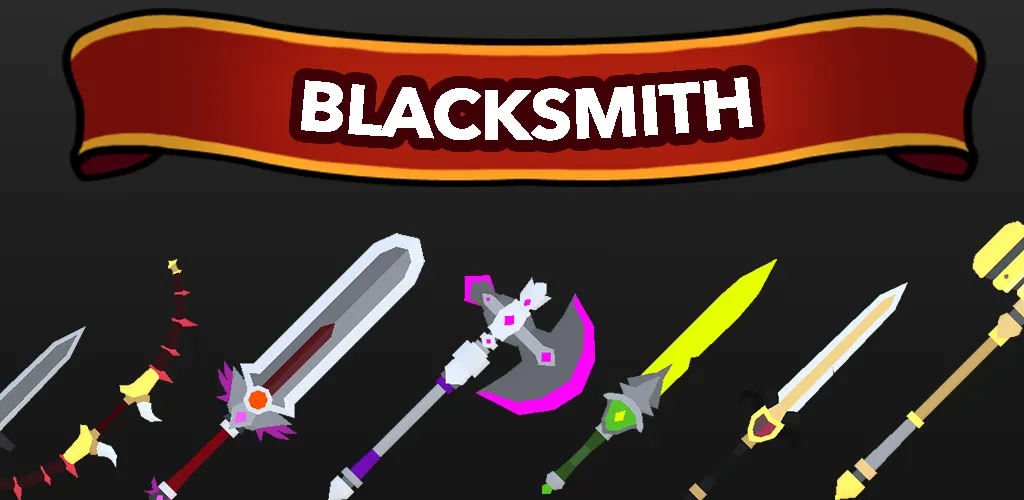
- Game #3 - Shockingly, Blacksmith hit $1 million revenue. At this point, we thought: “Okay, maybe we’re not totally terrible at this.” We scaled the team up, bought nicer chairs, and started talking about “strategy” and “HR”.
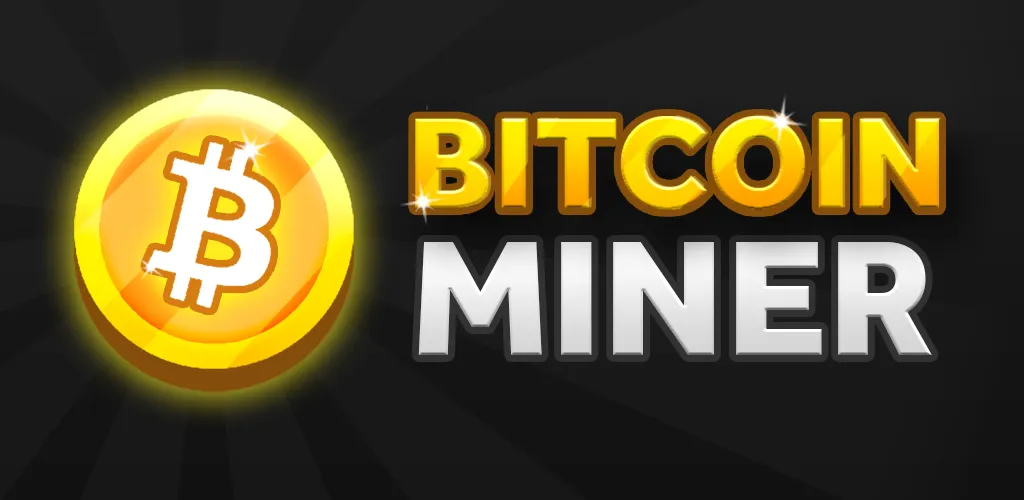
- Game #4 - Bitcoin Miner …and then we promptly fell flat on our faces. We released it in 2018, right after crypto hype peaked. Timing? Terrible. Reception? Brutal. The game joined the ever-growing list of titles around the world that never generated a single profit. More on that later.
The Wilderness Years (2019–2021)
Like many studios, we went chasing trends. In our case we saw our best success yet with a merge games, so we chased after it! Merge dragons, merge cats, merge… well, anything. Spoiler alert: none of them really worked. We merged our time, money, and sanity, and mostly got “not a lot” in return.
Out of the blue, Voodoo saw something in us that they liked and invested. We finally had money so I could join full time. This was life changing for me to focus on what I truly loved, and I am still so grateful to the leaders at Voodoo for making it possible.
When Failure Becomes a Feature
Fast forward to 2022. Our merge games were not getting traction, the market was dipping and we were in a bit of a tough spot. Then suddenly Bitcoin Miner - the very same flop we’d written off years before - caught fire. Bitcoin was back in the news, players rediscovered it, liked it’s new “earning feature” (shout out ZBD.gg) and our old codebase was resurrected like a timeless Halloween movie.
The game became a hit, and with it we realised our true niche: rewarded play. Players don’t just want to play - they want to feel like their time is appreciated. As players, the idea of a studio sharing revenue with us felt cool, so we leaned into it.
The Growth Spurt
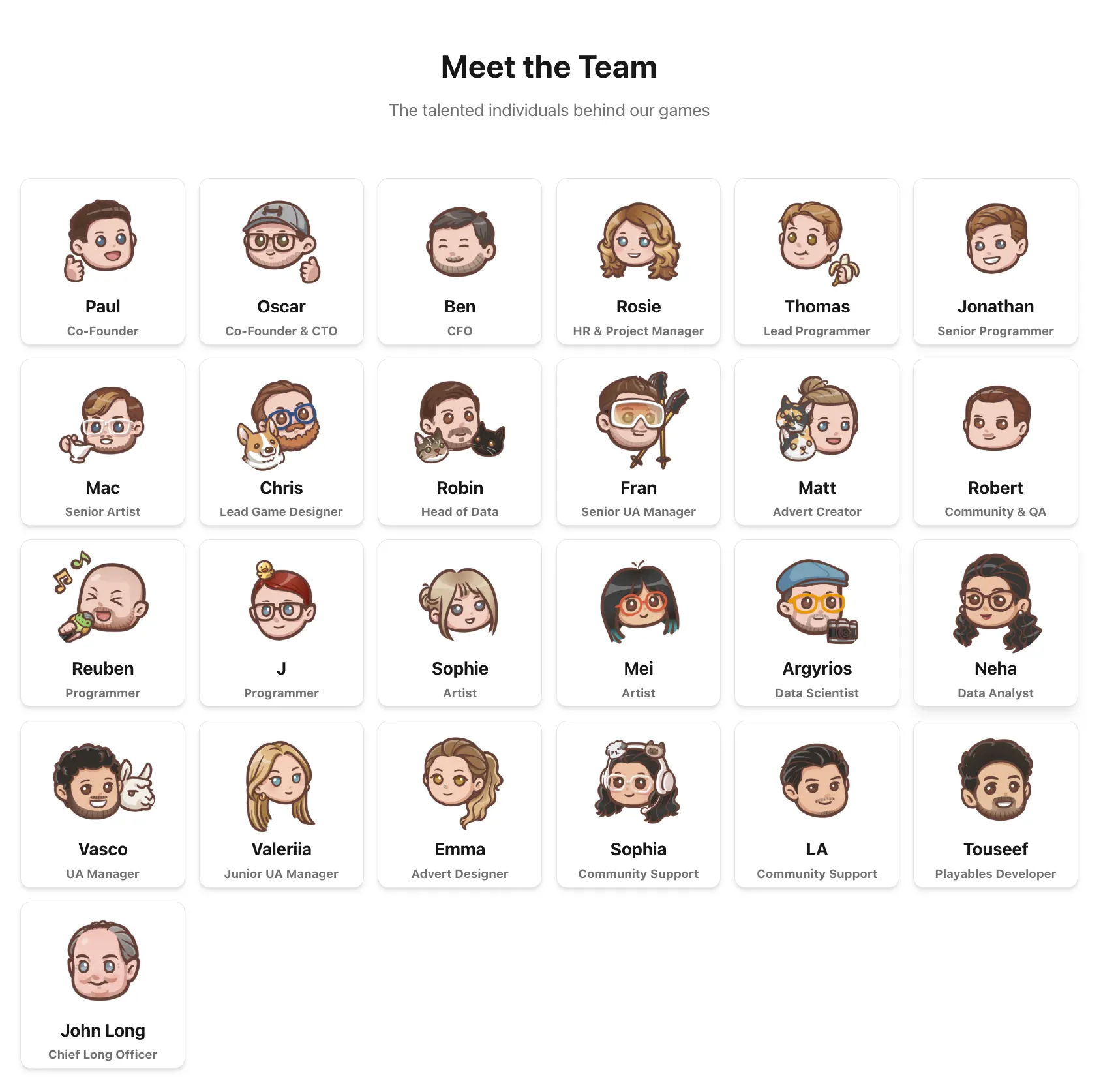
Since then, things have gotten… well, slightly less embarrassing. We’ve grown into a 25-person team across 10 countries, launched three multi-million dollar games, and in 2024 pulled off a 10× revenue jump.
And the best part? We’ve built games where players get rewarded in real ways. It’s not just us winning - it’s them too. Which feels like a much better story than “two founders scraping by on a split salary.”
Where We Are Now
2025 will be our biggest year by far. We’re now even being mentioned in the same breath as the studios we look up to (which is crazy!), and the best bit is we’re still making it up as we go along.
My favourite thing of all though is working with the amazing humans at Fumb. Each individual beings something unique and personal to the company, whether it’s Matt doing Fun Fact Thursday each week, Robin getting livid at us for always misspelling our bundle IDs (it’s a tradition!), or Mei building custom Slack avatars for everyone. There’s always positive energy bouncing around our digital office.
I end on that, because if the Fumb Games journey has taught us anything so far, it’s:
People are everything - surround yourself with positive, kind people and you’ll always do the right thing. Also, never underestimate the power of splitting a paycheque with a good friend.
We’re only just getting started. And if history is any guide, the best (and probably most ridiculous) chapters are still to come.
